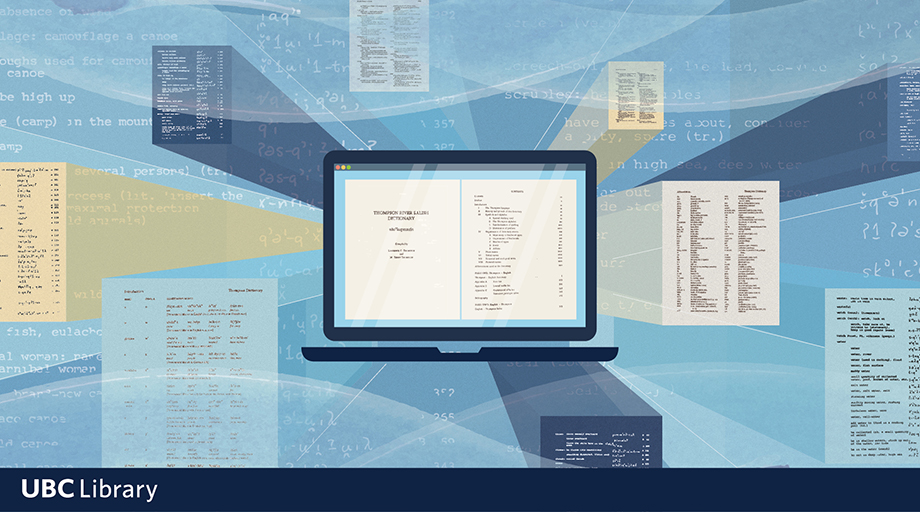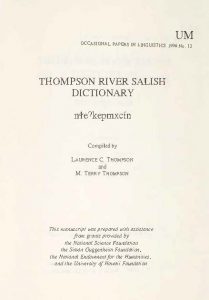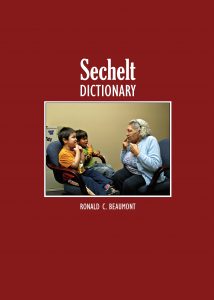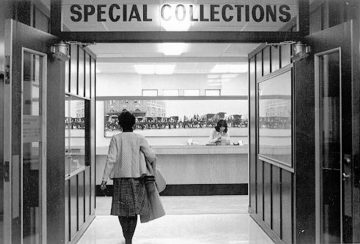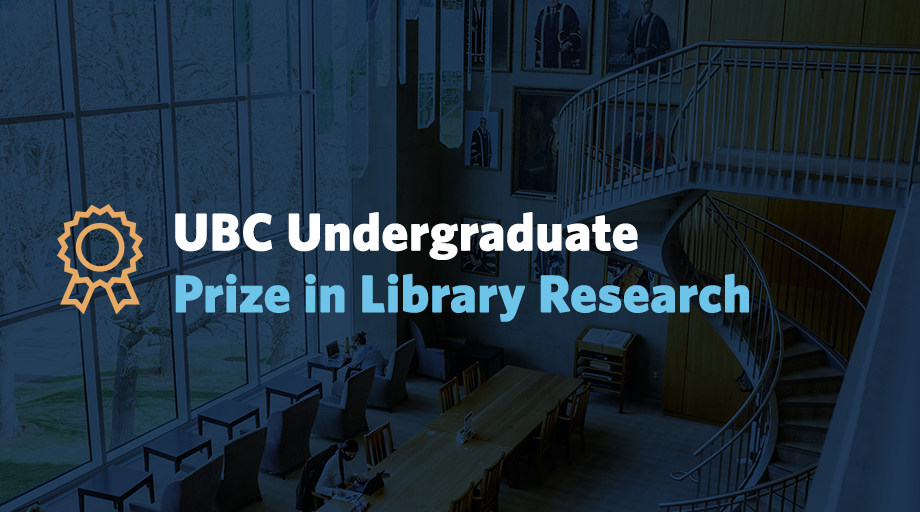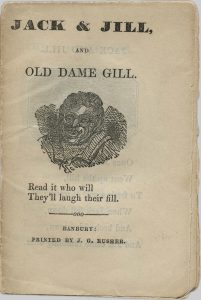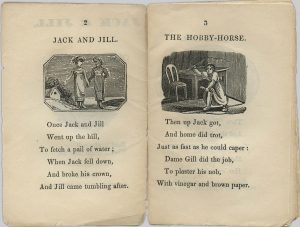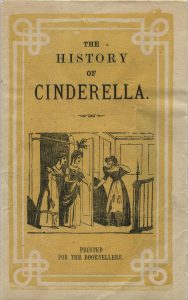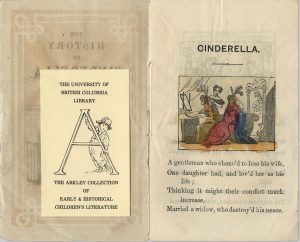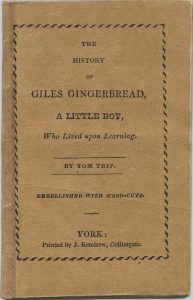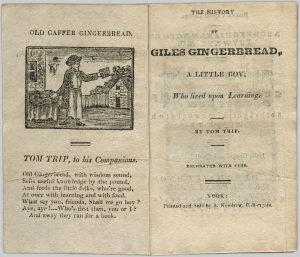Indigenous Archivist
X̱wi7x̱wa Library & University Archives | Vancouver Campus
Full Time, Without Review
Anticipated Start Date: July 01, 2024
UBC LIBRARY
As one of the world’s leading universities, the University of British Columbia creates an exceptional learning environment that fosters global citizenship, advances a civil and sustainable society, and supports outstanding research to serve the people of British Columbia, Canada and the world.
We honour, celebrate and thank the xʷməθkʷəy̓ əm (Musqueam) and Syilx Okanagan peoples on whose territories the main campuses of the University of British Columbia have the privilege to be situated.
The University of British Columbia Library is one of the largest academic libraries in Canada and consistently ranks among the top university research libraries in North America. UBC Library has 14 branches and divisions across two campuses (Vancouver and Kelowna), including an off-site hospital library; a multi-purpose teaching and learning facility, the Irving K. Barber Learning Centre; and the X̱wi7x̱wa Library, a centre for academic and community Indigenous scholarship. Almost 300 knowledgeable employees – librarians, management and professional staff, support staff and student staff – provide users with the excellent resources and services that they need to further their research, teaching and learning.
To highlight a few exciting projects that the Library is working on:
- William Shakespeare’s First Folio published in 1623 gifted to UBC Library
- UBC Library becomes first Canadian institution to join Dryad open-data repository
- UBC Library launches Open Publishing Program
The UBC Library is committed to being a respectful, healthy environment that encourages leadership, collegiality, diversity, individual growth and opportunity. Explore our aspirational values that we strive to uphold and actively incorporate into all aspects of our organization. We are committed to eliminating institutional and structural systems of oppression and power (such as colonialism, sexism, classism, heterosexism, ableism, and white supremacy).
Learn more about the UBC Library Strategic Framework and about working with us.
LIBRARY BRANCH/UNIT
In support of UBC Library’s Strategic Framework and UBC’s Indigenous Strategic Plan, the Indigenous Archivist (2-year term position) is responsible for processing archival materials at X̱wi7x̱wa Library, setting forth access protocols, and developing a long-term maintenance plan. Guided by the Steering Committee on Canada’s Archives’ Reconciliation Framework report, and with respect for Indigenous Peoples’ intellectual sovereignty over archival materials created by or about Indigenous Peoples, the Indigenous Archivist appraises, acquires, arranges, describes, preserves, and makes available (where culturally appropriate) records of archival value from X̱wi7x̱wa Library’s collection.
X̱wi7x̱wa Library is the only Indigenous branch of an academic library in Canada. It is often looked to as a leader in Indigenous Academic Librarianship in British Columbia, Canada and internationally. Its staff, services, and collections are key drivers that support the UBC Indigenous Strategic plan and Indigenous initiatives in UBC Library’s strategic plan.
The University Archives serves as the central repository for recorded data in all formats created by, for, and about the University of British Columbia. Its mandate, according to Board of Governors Policies GA4 & GA5, is to identify, select, preserve and make available for use these permanently valuable records.
POSITION OVERVIEW
Working with the Head of X̱wi7x̱wa Library and University Archivist, the Indigenous Archivist recommends policies and procedures for the use, storage and preservation of archival materials. The Indigenous Archivist also provides reference service to researchers wishing access to archival holdings at X̱wi7x̱wa Library, and supervises staff and student workers as required. The Indigenous Archivist works in an environment of iterative and consultative decision–making and will work closely with colleagues at the First Nations House of Learning, University Archives, Rare Books and Special Collections, and X̱wi7x̱wa Library. The Indigenous Archivist participates in the development of library policy, procedures, and services, as they pertain to the culturally appropriate handling of Indigenous Archives. The successful candidate will bring their experience and expertise to develop and implement an Indigenous and decolonized approach to the archival collections at X̱wi7x̱wa Library.
Please visit the UBC careers website to view the full position description and on how to apply.
QUALIFICATIONS
Required
- Masters-level degree with a specialization or concentration in archival science.
- Experience building productive relationships and working collegially with a diverse population of colleagues and/or users in keeping with the UBC Respectful Environment Statement
- Willingness to respect diverse perspectives, including perspectives in conflict with one’s own.
- Demonstrates a commitment to enhancing one’s own awareness, knowledge, and skills related to equity, diversity, and inclusion.
- Familiarity with the distinct culture and history of British Columbia First Nations communities.
- An understanding of the importance of collecting, preserving, and providing access to archival materials in an Indigenous context.
- Experience working with Indigenous cultural property and an understanding of the OCAP Principles.
- Cultural fluency for Indigenous contexts based on experiential knowledge.
- Demonstrated knowledge and understanding of Indigenous scholarship, Indigenous information services, and Canadian Indigenous peoples’ histories and cultures.
- Knowledge of Canadian Copyright Law as well as notable exceptions in Indigenous contexts.
- Experience working with archival material in all formats.
- Awareness of the Freedom of Information and Protection of Privacy Act and how this applies to UBC corporate records.
- Proficiency in archival theory, familiarity with standards like ISAAR (CPF), and adherence to best practices such as the Rules for Archival Description.
- An awareness of UBC Board of Governors Archives policy GA5 & Records Management policy GA4.
- Awareness of principles of records management in an institutional or academic setting. Experience building productive relationships and working collegially with a diverse population of colleagues and/or users in keeping with the UBC Respectful Environment Statement.
- Ability to initiate, plan and carry out projects, both independently and as a member of a team.
- Ability to consult with others, incorporate learned technical knowledge, and make independent decisions.
- Excellent interpersonal and communication skills, including report writing, speaking in meetings and public presentations.
Preferred
- Experience working with Indigenous communities.
- Experience working with Indigenous resources in multiple formats.
- Degree in First Nations and Indigenous Studies or a related discipline.
- Understanding of Indigenous language linguistic representations and constructs.
- Experience or knowledge related to incorporating equity, diversity, and inclusion (EDI) and anti- racism and social justice values into overall professional practice.
- Previous experience working in an archives or library special collections environment would be an asset.
- Experience applying the Rules for Archival Description (RAD), archival appraisal methodology, and other tasks related to archival processing.
- Experience with Access to Memory (AtoM)
- Experience working in an academic library.
- Information technology and digital literacy skills.
- Awareness of UBC Retention Schedules.
TERMS OF APPOINTMENT AND SALARY
Appointment: This is a full-time, 2-year term appointment with an anticipated start date of July 2024.
The successful candidate will be a member of The University of British Columbia Faculty Association and the terms and conditions of appointment are governed by the Collective Agreement between UBC and the UBC Faculty Association (http://www.hr.ubc.ca/faculty-relations/collective-agreements/).
Eligibility: We are only considering applications from librarians with a maximum of 2 years of professional library/archivist experience. However, all internal candidates will be considered regardless of years of experience and are encouraged to apply.
Salary: Starting salary is $81,510 to $84,000 per annum. Actual salary offered will be commensurate with experience and academic/professional qualifications, as well as internal parity. UBC also offers a comprehensive benefits package. Information about salary increases can be found in the Collective Agreement: http://www.hr.ubc.ca/faculty-relations/collective-agreements/.
Benefits: Librarians and their dependents are eligible for an extensive benefits package including extended health care coverage, dental coverage, Employee and Family Assistance Program, life insurance, pension and travel benefits. To support families, UBC provides a top-up for eligible employees on maternity or parental leave. Tuition assistance is also available for qualifying employees and dependent children. In addition, librarians/archivists are eligible for professional development funding to support career growth at the university, as well as study leave. Details are available in the Collective Agreement, and for more information see UBC Human Resources: https://hr.ubc.ca/benefits/eligibility- enrolment/employee-groups. Additional information about relocation to UBC Vancouver can be found: https://hr.ubc.ca/working-ubc/housing-and-relocation-services.
UBC hires on the basis of merit and is committed to employment equity. All qualified persons are encouraged to apply.
Equity and diversity are essential to academic excellence. An open and diverse community fosters the inclusion of voices that have been underrepresented or discouraged. We encourage applications from members of groups that have been marginalized on any grounds enumerated under the B.C. Human Rights Code, including sex, sexual orientation, gender identity or expression, racialization, disability, political belief, religion, marital or family status, age, and/or status as a First Nation, Metis, Inuit, or Indigenous person.
All qualified candidates are encouraged to apply; however Canadians and permanent residents will be given priority.
APPLICATION PROCESS
Applications will include: a detailed and current curriculum vitae; and a letter of application that includes a statement of citizenship/immigration status and indicates the candidate’s education, training and work experience in the areas listed above, as well as how did you hear about this opportunity. One consolidated PDF is preferred.
Please visit the UBC careers website to view the full position description and on how to apply. The application deadline will be at 11:59pm on May 03, 2024.
